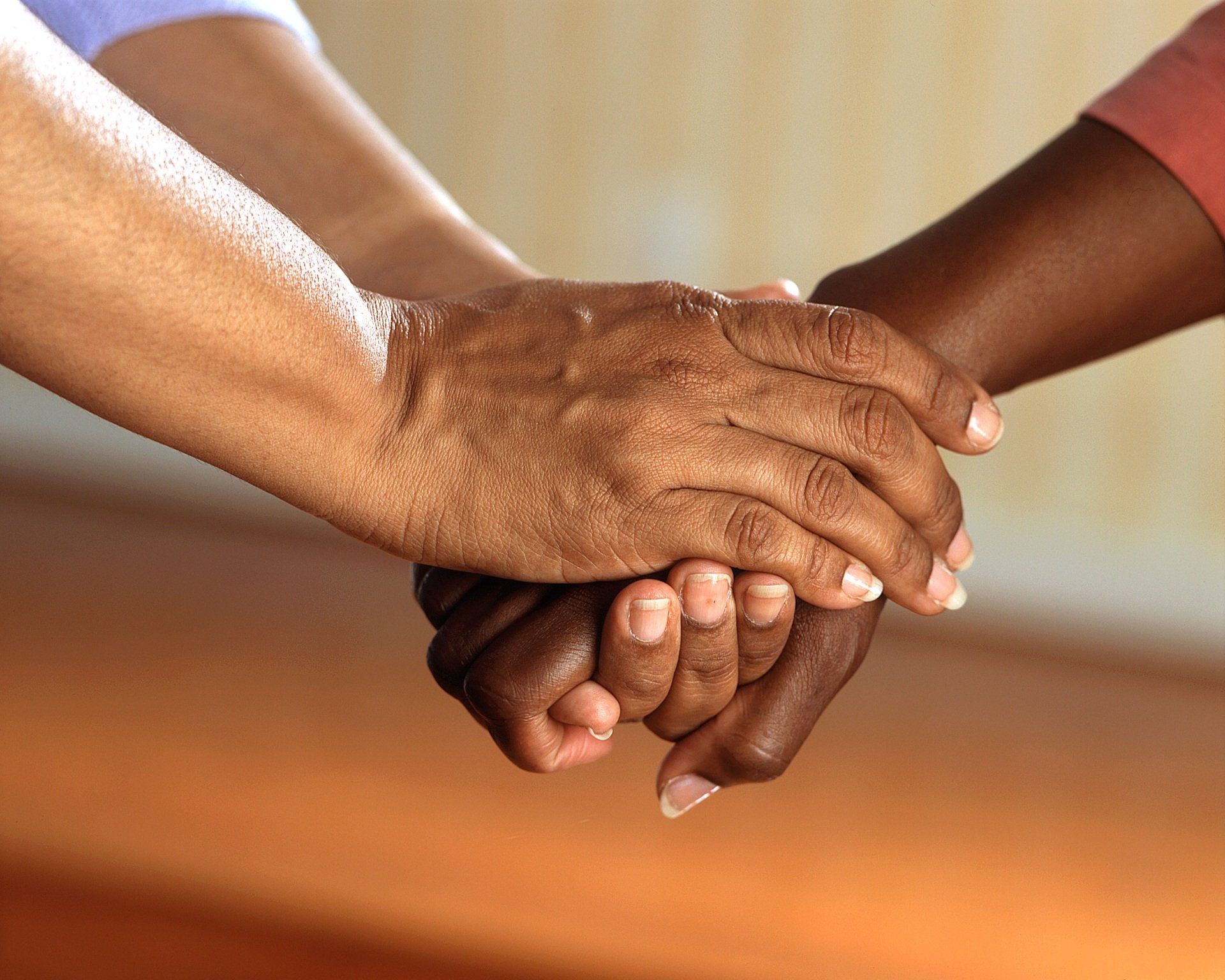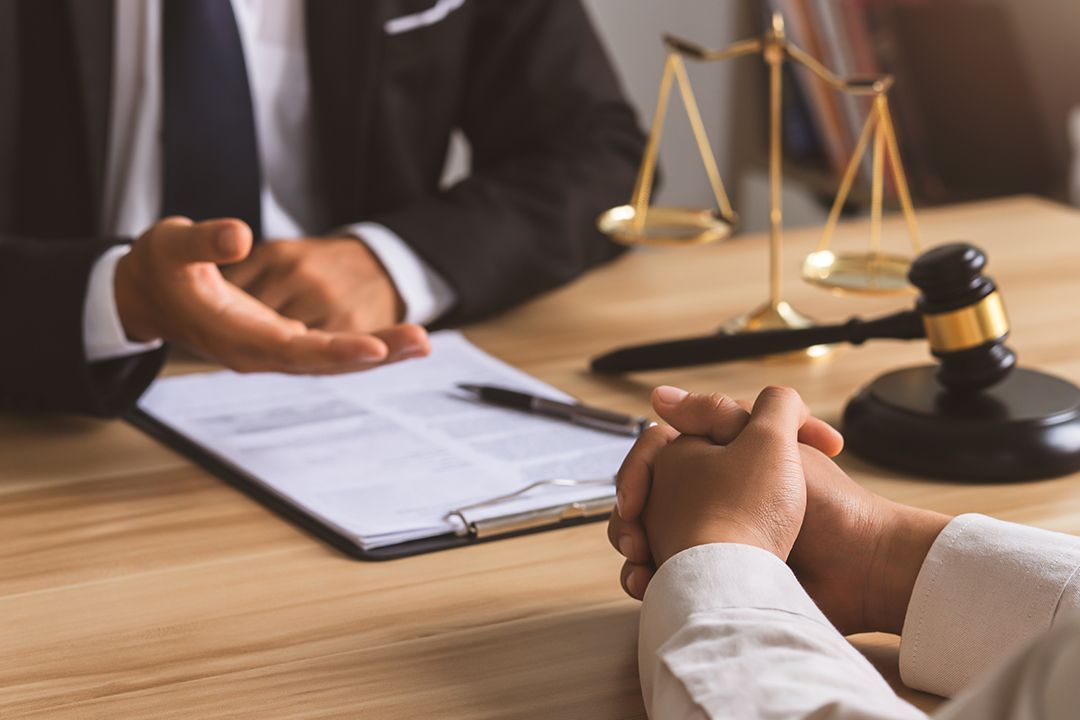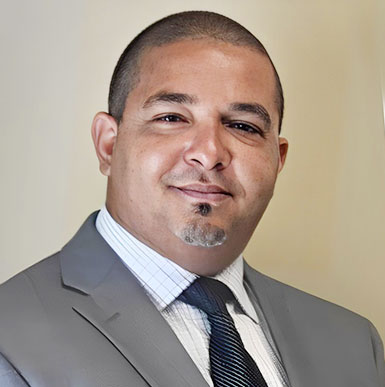Legal issues involving your child can be a frightening experience for any parent. The good thing for the juvenile system in Georgia is its focus on rehabilitation rather than punishment. The goal is to provide appropriate interventions and support to address the underlying issues that may have contributed to the child’s involvement in delinquent behavior.
The system recognizes that juveniles have the capacity for growth and positive change, emphasizing the importance of providing them with opportunities for rehabilitation and a chance to reintegrate into society successfully.
This blog aims to provide parents with valuable insights into the juvenile defense process in Georgia and how they can support their child throughout this challenging journey.
An Overview of Cocaine Laws in Georgia
One important way parents can contribute is by actively participating in their child’s defense strategy. They should promptly seek the assistance of an experienced juvenile defense attorney who can guide them through the legal process and provide the necessary expertise.
Parents should create a safe and supportive environment where their child feels comfortable discussing their feelings and concerns. Parents need to listen attentively, validate their child’s emotions, and reassure them that they are not alone in this process.
Parents should also encourage their child’s participation and engagement in their defense. They can help their child understand the legal proceedings, explain their rights, and involve them in decision-making whenever appropriate.
Parents can positively impact their child’s case by maintaining open communication, empowering their child, and actively involving them in legal proceedings. This involvement helps the child cope with the stress and anxiety that come with the legal process.
By working closely with a criminal defense attorney, parents can help gather relevant information about their child, such as their background, personal history, and any factors that may have contributed to the offense.
Understanding Drug-Related Juvenile Offenses
In Georgia, juveniles may face various drug-related offenses that can have serious legal consequences. Parents need to understand these offenses, their potential outcomes, and the significance of a strong defense strategy. a
Common Drug-Related Offenses
Possession Of Drugs
Juveniles can be charged with possession if they are found to have illegal substances, such as marijuana, cocaine, or prescription drugs, without a valid prescription.
Drug Distribution Or Sale
If a juvenile is involved in the selling or distribution of illegal drugs, they can face charges related to drug trafficking or drug sales.
Drug Paraphernalia
Possession of drug-related paraphernalia, such as pipes, bongs, or syringes, can lead to charges, even without actual drugs being present.
Potential Legal Outcomes
The legal outcomes for drug-related juvenile offenses vary depending on the circumstances and the severity of the crime, including:
Adjudication and probation
In less severe cases, juveniles may be placed on probation, which involves supervision, counseling, and compliance with certain conditions set by the court.
Diversion programs
Instead of traditional court proceedings, juveniles may be eligible for diversion programs, which focus on rehabilitation. Completion of these programs could lead to the dismissal of charges.
Secure or non-secure confinement
The court may order the juvenile to serve time in a secure or non-secure juvenile detention facility for more serious offenses.
Transfer to adult court
In some instances, depending on the age of the juvenile and the severity of the offense, the court may choose to transfer the case to the adult criminal justice system, leading to potential adult penalties if convicted.
Importance of a Solid Defense Strategy

A well-crafted defense strategy may involve challenging the evidence presented by the prosecution, exploring potential, probable constitutional violations, or seeking alternatives to incarceration.
The goal is to mitigate the consequences and provide the juvenile with an opportunity for rehabilitation and a fresh start.
Having a solid juvenile defense strategy is essential because drug-related offenses can seriously impact a juvenile’s life. A conviction can lead to long-term consequences such as a criminal record, difficulty obtaining employment, limitations on educational opportunities, and damage to personal relationships.
A strong defense can minimize these negative impacts and help the juvenile move forward in a positive direction.
Decoding the Georgia Juvenile Justice System
The system recognizes that children and teenagers are still developing and that their actions can be influenced by factors such as their environment, peer pressure, and family dynamics.
Instead of simply punishing them, the focus is on addressing the underlying causes of their behavior and helping them make positive changes.

Upon entering the system, the young person undergoes an assessment process to determine their needs and risks. This evaluation considers their background, educational history, mental health, and potential substance abuse issues. The assessment helps determine the appropriate level of intervention and support required for rehabilitation.
Navigating Juvenile Court Procedures
Understanding the juvenile court procedures can help alleviate the anxiety and confusion often associated with this challenging process, ensuring that parents can provide their children with the necessary support and guidance.
Step 1: Arrest or Referral
The juvenile court process usually begins with an arrest by law enforcement or a referral from a school, social services agency, or concerned individual.
Step 2: Intake
During this stage, a probation or intake officer assesses the case’s seriousness and determines the appropriate course of action. They may conduct interviews, collect information, and evaluate the potential need for diversion programs or counseling.
Step 3: Detention Hearing
This hearing aims to determine whether the juvenile should be released or held in a secure facility pending further proceedings. Parents or guardians should attend this hearing to provide support and information to the court.
Step 4: Arraignment
At the arraignment hearing, the juvenile appears before a judge and is informed of the charges filed against them. They have the opportunity to enter a plea, which can be “guilty,” “not guilty,” or “no contest.” The judge may also set conditions for release if the juvenile is not detained.
Step 5: Adjudication
The adjudication phase is similar to a trial in an adult court. During this stage, evidence is presented, witnesses are called, and the prosecution and the defense make arguments. The judge decides whether the juvenile is “delinquent” (guilty) or “not delinquent” (not guilty).
The Path to Rehabilitation for Juvenile Offenders
When a juvenile offender, especially one involved in drug-related offenses, enters the rehabilitation process, it’s essential for parents to understand their role in supporting their child’s recovery.
Assessment and Individualized Plan
Upon entering the rehabilitation process, the juvenile will undergo a comprehensive assessment to identify their needs, strengths, and areas requiring intervention.
Based on this assessment, an individualized rehabilitation plan will be developed.
Counseling and Treatment
Juvenile offenders may receive individual therapy, group counseling, or specialized treatment programs to address their substance abuse issues. Parents can support their children by encouraging active participation in counseling sessions and ensuring attendance and compliance with the recommended treatment programs.
Education and Skill Development
Parents should collaborate with the rehabilitation team to meet their child’s educational needs. This may involve working with school officials to address academic challenges, advocating for necessary support services, and encouraging their child’s active engagement in educational activities.
Family Involvement and Support
Parents can actively participate by attending family therapy sessions, engaging in open and supportive communication with their children, and providing a stable and nurturing home environment.
Defending the Legal Rights of Your Child

Juveniles have specific rights that are designed to protect them during legal proceedings. One crucial right is the right to legal representation. Parents can help ensure this right is upheld by contacting a qualified attorney specializing in juvenile law.
The attorney can guide the parents and the child through the legal process, explain their rights, and provide appropriate legal advice. Another fundamental right for juveniles in Georgia’s justice system is to be treated fairly and impartially.
Parents can play a vital role in ensuring this right by advocating for their child and ensuring their child’s voice is heard. They can gather evidence or information supporting their child’s case and provide it to their attorney.
Parents should also familiarize themselves with the specific laws and procedures relevant to their child’s case, as this knowledge can help them identify any potential violations of their child’s rights.
Parental Responsibilities and Supporting Your Child
Parents play a critical role in supporting their child’s well-being and navigating the complex legal process when a child is involved in the juvenile justice system.

Providing Emotional Support
Reassure your child that you are there for them, offering love, understanding, and encouragement. Listen to their concerns, validate their emotions, and help them cope with the stress and uncertainty they may be experiencing. Show them that you believe in their potential for growth and change.

Collaborating with Defense Attorneys
Work closely with your child’s defense attorney. Stay in regular communication to understand the legal process, the defense strategy, and court hearings or meetings. Share all relevant information with the attorney to ensure they comprehensively understand your child’s situation.

Understanding the Rehabilitation Process
Educate yourself about the rehabilitation process and the available programs and services for juvenile offenders. Engage with probation officers, counselors, and other professionals in your child’s rehabilitation.
Frequently Asked Questions
Juveniles in Georgia can be charged with a range of offenses, similar to adults. However, the legal process and consequences may differ. Some common crimes for which juveniles may be charged in Georgia include:
- Theft
- Drug offenses
- Assault
- Vandalism
- Underage drinking
- Traffic offenses
The duration of a juvenile defense case in Georgia can vary significantly depending on various factors, such as the case’s complexity, the severity of the alleged offense, and the availability of resources. Some cases may be resolved quickly, while others may take several months or longer. It is advisable to consult with an attorney for a more accurate estimate based on the case’s specific circumstances.
Yes, under certain circumstances, a juvenile’s record can be deleted in Georgia. The Georgia Juvenile Code allows for expunging juvenile records in cases where the charges were dismissed or the juvenile was acquitted. Consult with an attorney to understand the eligibility criteria and process for expungement in Georgia.
Yes, as part of their sentence, a juvenile in Georgia can be placed in a foster or group home. When determining the appropriate disposition for a juvenile offender, the court considers factors such as the best interests of the juvenile and public safety.
The age of juvenile jurisdiction in Georgia applies to individuals alleged to have committed delinquent acts or offenses while under 17. The specific age of juvenile jurisdiction can vary between jurisdictions. It may be subject to changes in legislation, so it’s advisable to consult the relevant state laws or legal professionals for the most up-to-date information.
Is Your Child Facing Juvenile Charges For A Criminal Offense?
At Cobb Criminal Defense, our team of seasoned juvenile law attorneys is dedicated to providing the best representation for your child. With our expertise and experience, we will thoroughly evaluate your child’s case, strategize a strong defense, and work tirelessly to secure the best possible outcome.

